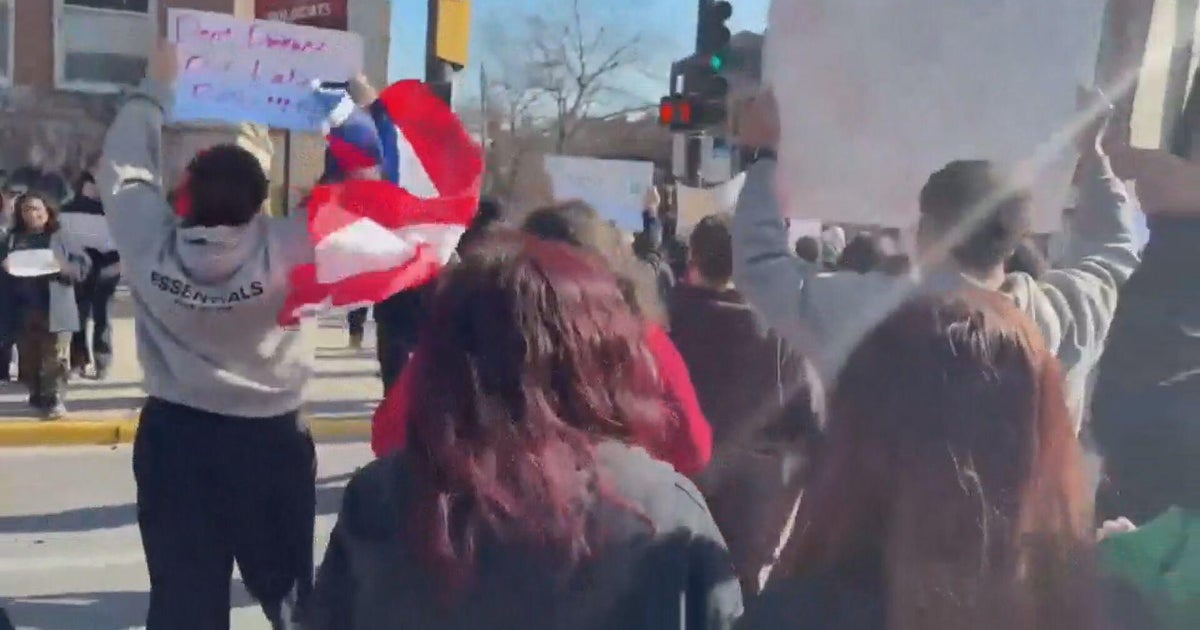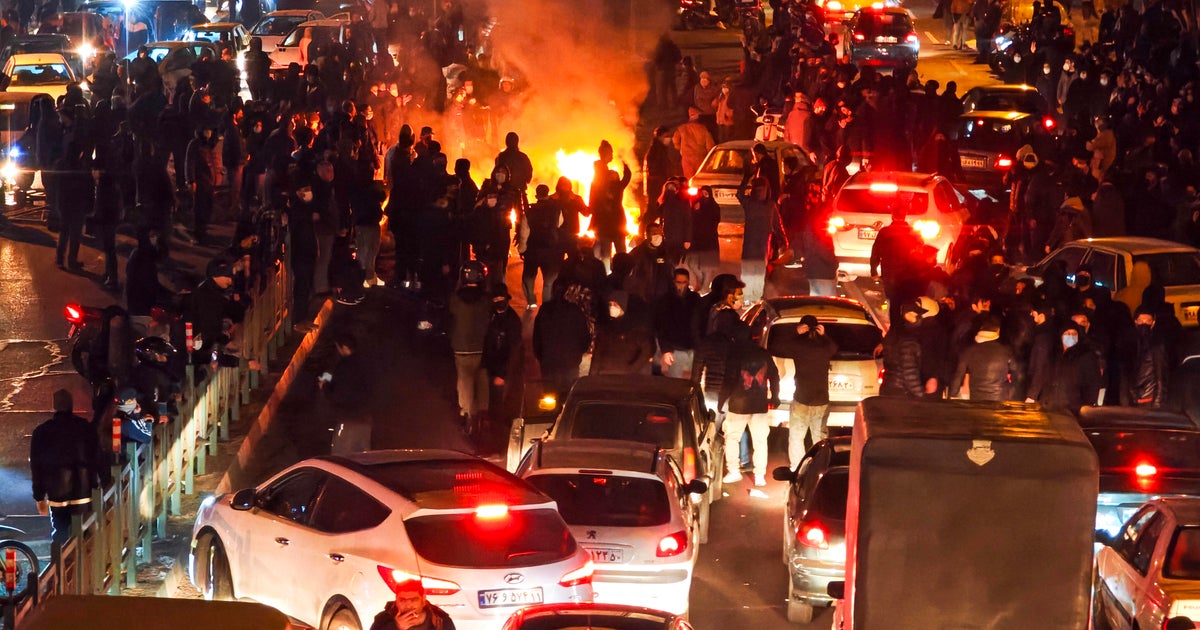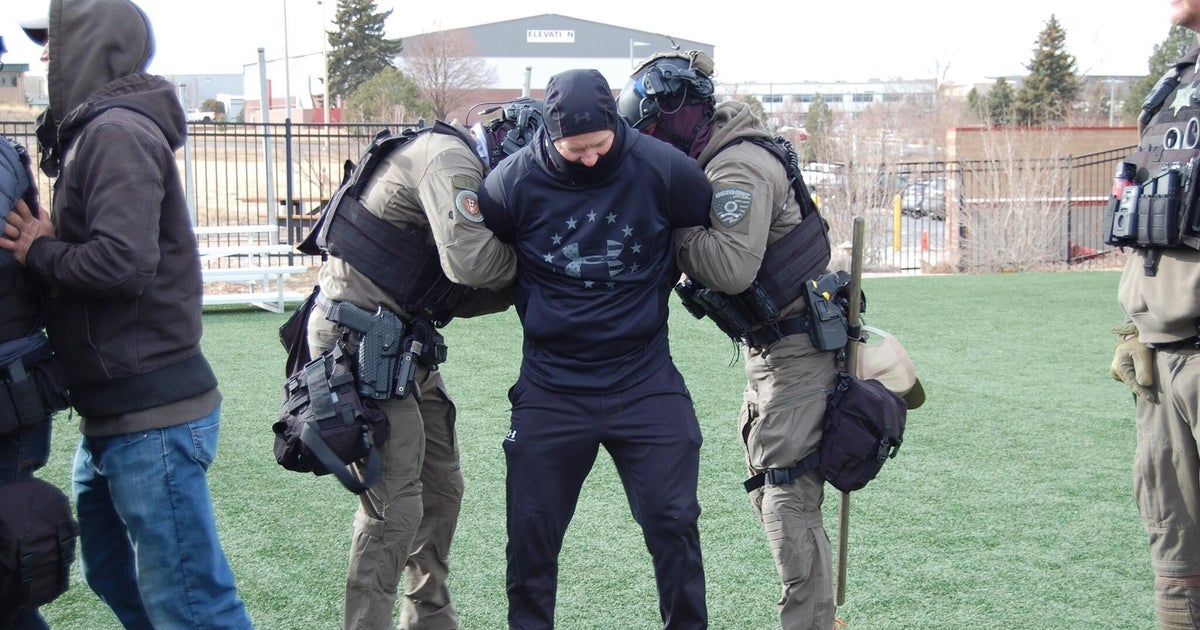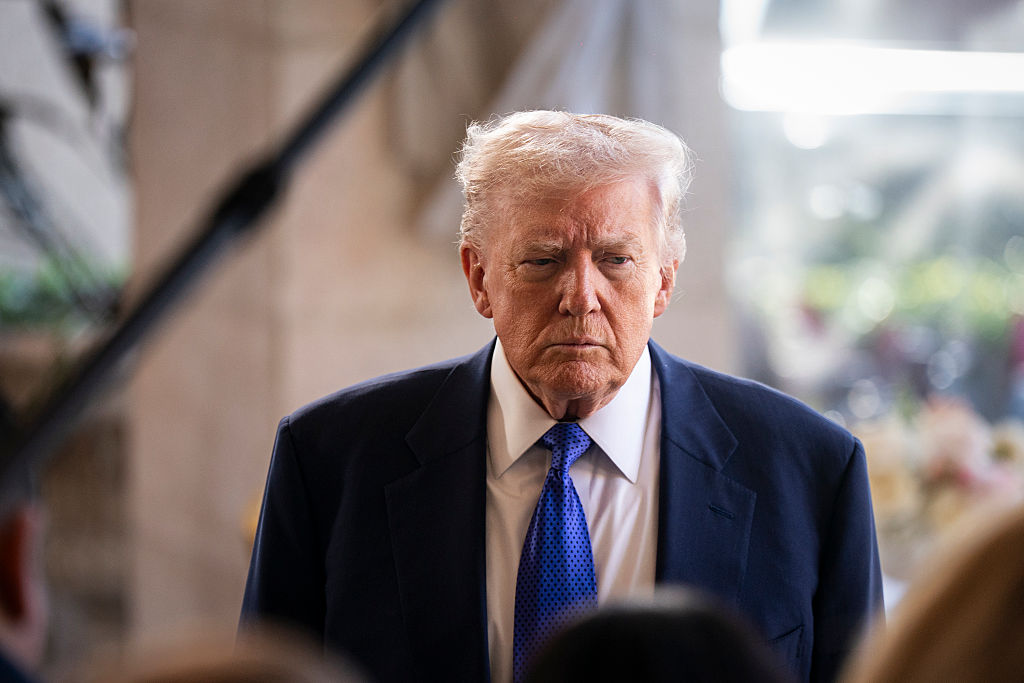A new position for some professional athletes: protester
A friend said wistfully last week that he sure wished sports were in season. He didn't mean as entertainment during a weighty time. He wished that sports were here to amplify the public mood about George Floyd's killing and the outcry over police brutality. He wished that pro athletes were on fields and courts, locking arms and scrawling messages of resistance on shoes and, yes, kneeling in protest.
Then something remarkable happened. The same athletes who have effectively been furloughed by COVID since early March, limbered up and spoke up. This was in keeping with the tradition. Jackie Robinson, and Muhammad Ali and Kareem Abdul-Jabaar and, yes, Colin Kaepernick are among the athletes who've fought systemic racism. But last week, liberated from the grind of a season, unencumbered by risk-averse team owners and publicists, athlete voices echoed extra loud. They flooded social media, of course. But they also took to the streets. Put together: the George Floyd story became, at least in part, a sports story.
Like an athlete coming back from injury, we'll see what role sports will fill now, where the leagues themselves will stand, and what conversations will fill locker rooms. We envision sports emerging not as distraction or lightness; but something heavier, more relevant to repairing this deep tear in the national fabric. Athletes may grip rackets and clubs and the seams of balls, but, as we've just been reminded, they have a unique grip on us, as well.



